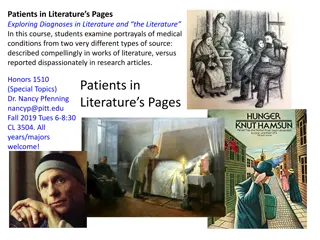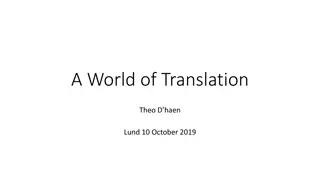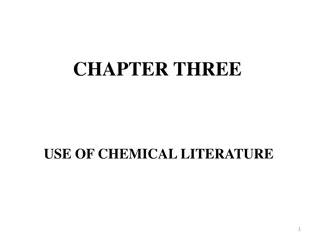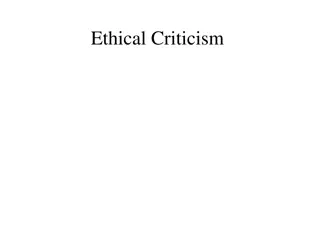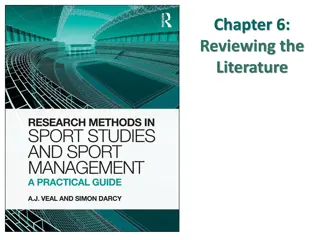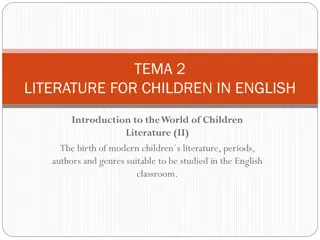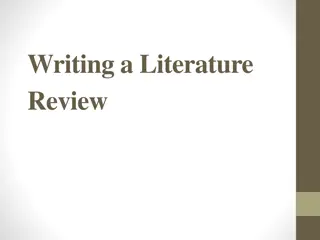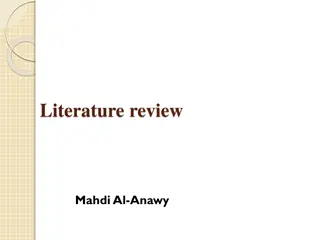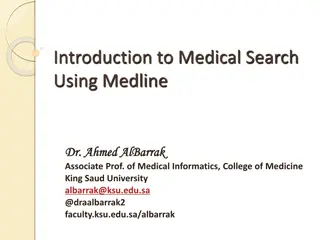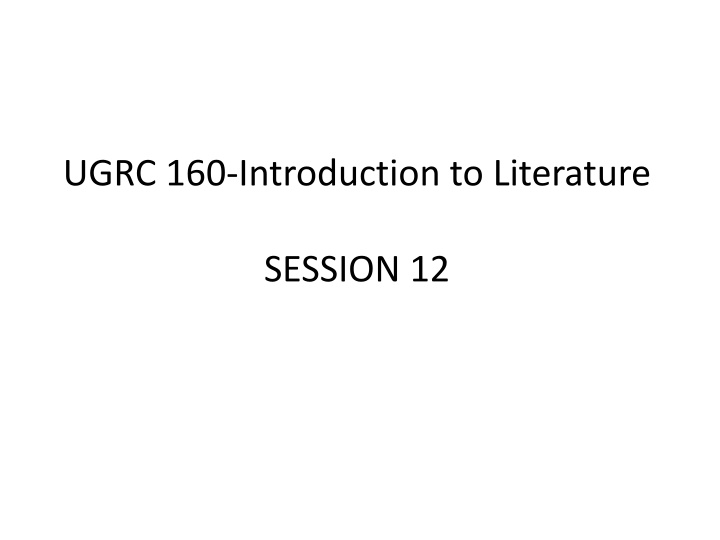
Themes in Drama: Essential Insights for Literature Students
Discover the significance of themes in literary works, specifically in drama. Uncover how themes go beyond subject matter, conveying deeper messages and insights. Learn how to analyze and interpret themes effectively in plays like William Shakespeare's Romeo and Juliet.
Download Presentation

Please find below an Image/Link to download the presentation.
The content on the website is provided AS IS for your information and personal use only. It may not be sold, licensed, or shared on other websites without obtaining consent from the author. If you encounter any issues during the download, it is possible that the publisher has removed the file from their server.
You are allowed to download the files provided on this website for personal or commercial use, subject to the condition that they are used lawfully. All files are the property of their respective owners.
The content on the website is provided AS IS for your information and personal use only. It may not be sold, licensed, or shared on other websites without obtaining consent from the author.
E N D
Presentation Transcript
UGRC 160-Introduction to Literature SESSION 12
Drama Part Three Theme
Session Objectives At the end of the session the student will, Understand how a study of the dramatic elements or compositional strategies aids in constructing an interpretation of the narrative. Understand the importance of a message or a theme in the overall design of a play. Be able to identify themes in plays, including some from William Shakespeare s Romeo and Juliet.
What is a Theme? Theme is the central idea of a work of literature, in this case, a drama.
What is a Theme? contd. REMEMBER that the subject matter is usually one word or phrase that tells us what the work is about. Religion is a good example of subject matter. In contrast, theme is what the work says about the subject matter, what particular aspect of the subject the work is concerned with. Theme can also be referred to as the issue or problem that a work is concerned with. It is the central idea or message in a work or a play, in the context of this session. Commonly, themes are general statements about life, human nature and so on. When stating a theme, it is advisable to do so in a complete sentence, sometimes with additional sentences that further elaborate on the essence of that sentence. For example, True faith remains unbroken even when tested by uncontrolled events . Saying a work is concerned with the theme of love, or hate, or happiness, for instance, is not enough. A good student must also go on and say more precisely what about love, etc., is being projected in a particular work.
What is a Theme? contd. Just imagine reading a sophisticated work of literature, preferably a play, in which the author/playwright begins with: Hey, Reader! THIS is what I want you to GET from my writing !! Well, sorry to disappoint you, but no good writer of imaginative literature would do this. You, the reader, must interpret and draw deeper thematic conclusions from what the author expresses in his or her work.
Whats a Theme? Contd. You may, after watching a play like Romeo and Juliet, come to the conclusion that it is concerned solely with the theme of the futility and destructiveness of vendettas, or you may also decide that it contains a number of themes. Either decision should of course be supported by evidence that you provide from the play, but you must always be ready to point out themes if you are required to do so. TOP SECRET: No serious writer would produce a theme-less work. Novelists, poets, or playwrights create their works primarily because they have themes or messages they are burning to share. Your job as a good student is to find out what these themes are when you come face to face with them in literary works.







